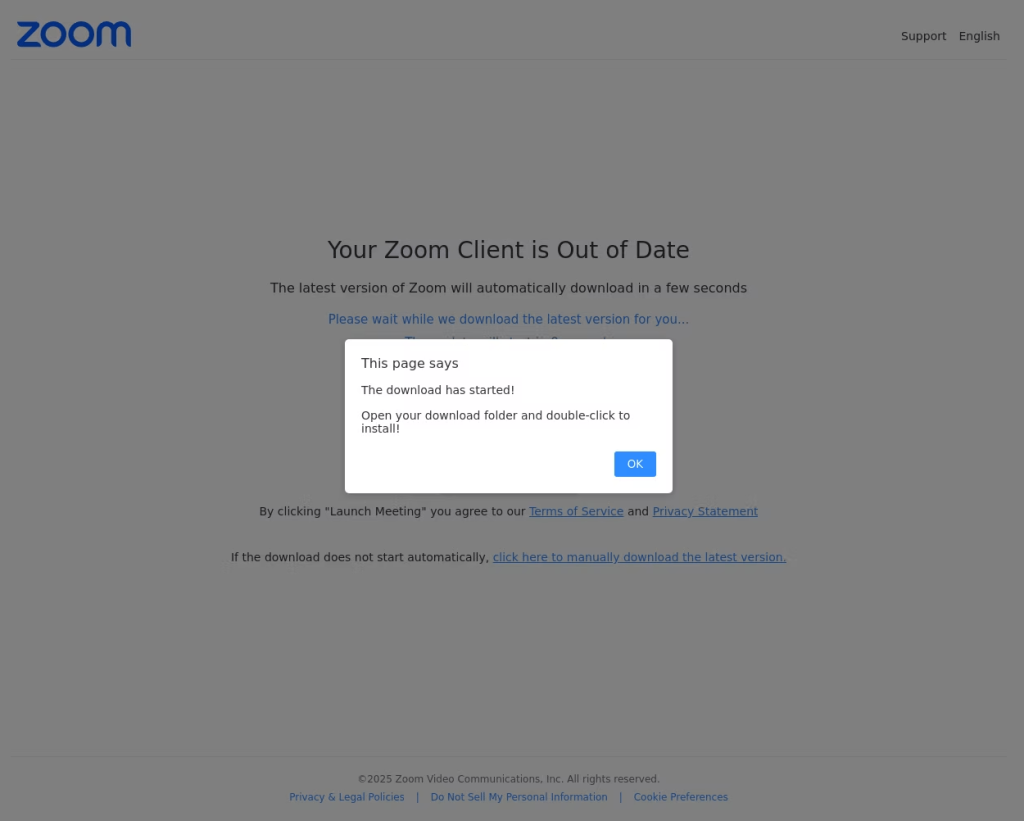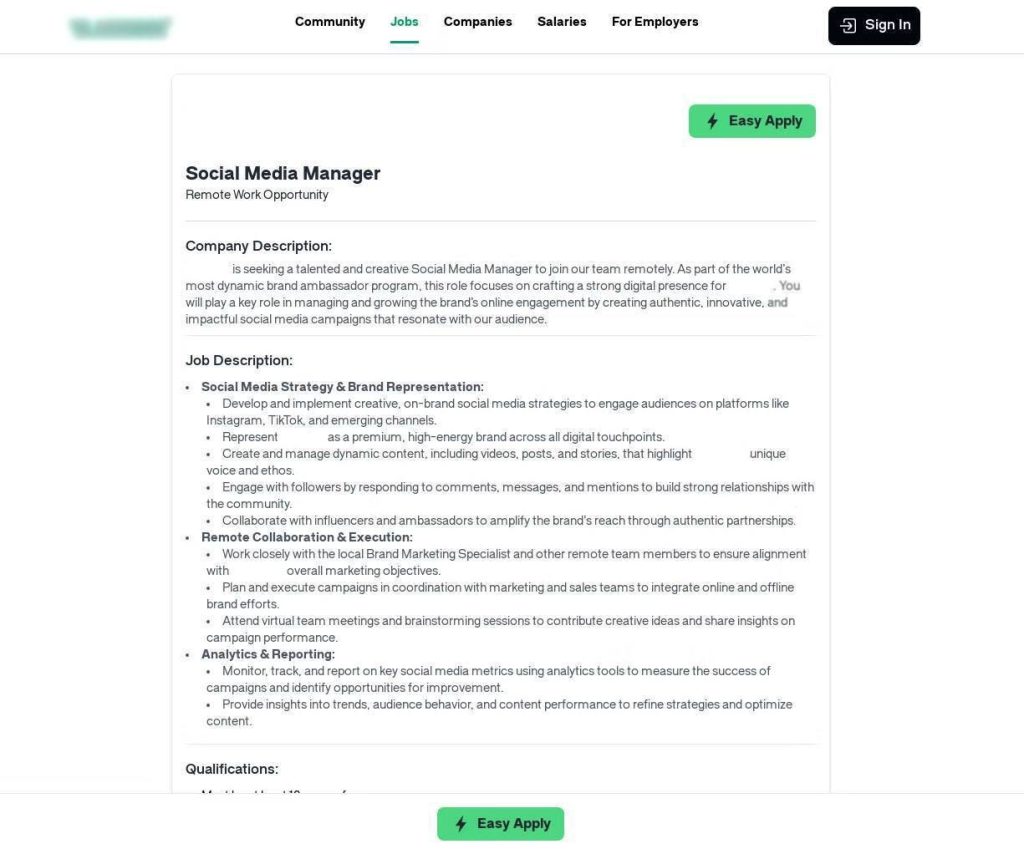The stereotype of Gen Z as lazy, uncommitted employees averse to hard work, and prone to job-hopping is quite common. But the statistics tell a different story. Nearly half of Zoomers juggle multiple gigs: a full-time job, freelancing, and various side hustles. And cybercriminals have identified these polyworking young professionals as convenient targets.
Our experts dug into this trend and uncovered some non-obvious threats. This article explores how Gen Z can navigate their multi-job lifestyles without putting their cybersecurity at risk.
More apps, more problems
The core issue stems from the sheer number of corporate apps and accounts Gen Z has to juggle. Think about it: Zoom for one job, Slack for another, and Notion for tasks across the board. And the more applications they use, the larger the attack surface for cybercriminals. Scammers constantly send phishing emails that convincingly impersonate employers, and distribute malware disguised as business software. They can even send fake assignments, pretending to be your boss.
From mid-2024 to mid-2025, Kaspersky experts recorded six million attacks involving fake collaboration platforms. Most often, attackers imitated the “golden trio” of corporate applications: Zoom, and Microsoft Excel and Outlook.
Here’s how it might play out: an attacker sends an email seemingly from Zoom asking you to update the app. The email contains a link that leads to a phishing site mimicking the real Zoom page. This fake site then immediately downloads a bogus application to your device. The imposter app could then steal your contacts’ data or even gain access to your entire work environment — the potential scenarios are numerous.
How scammers are deceiving job-seeking Gen Z
If you’ve ever seen a message in a neighborhood chat like, “URGENT: remote work, $60 an hour!” — it’s likely a scam. But these days scammers have grown much more sophisticated. They’re posting what look like legitimate job openings on popular job platforms, detailing the terms so thoroughly that the positions appear genuine. In reality, even the most well-crafted job posting can turn out to be completely fake.
Cybercriminals may even conduct fake interviews to make their schemes appear more convincing. One common form of extortion targets Gen Z through fake “interviews”, where victims are told to log out of their personal Apple ID and access a purported “company” account. If the victim complies, the scammers activate Lost Mode, effectively bricking the applicant’s iPhone. Naturally, they then demand a hefty sum to unlock it.
Freelance opportunities also deserve a close look. The search for freelance work is often less formal than traditional job hunting: all communication happens through messaging apps, and payments might even come from a client’s personal account. It’s incredibly easy to imitate this casual communication style, and scammers exploit this. In a worst-case scenario, instead of landing a new gig, you could end up with a bricked phone, malware infection, compromised personal accounts, or even losing all your money to the “client”.
It’s impossible to list every single red flag when you’re looking for a new job, but here are the main things to watch out for.
- If someone wants something done yesterday and is promising a ton of cash for it, you’re likely dealing with scammers.
- Third-party payments. Stick to payment methods you trust.
- Sign-in/sign-out requests. Be extremely wary if someone asks you to sign in or out of any accounts — especially your personal Apple ID.
- Paid training. If they’re asking you to pay for training upfront with the promise of reimbursement later — simply ignore them.
- Excessive personal data. Applying to be a dog walker, but they’re asking for copies of every page of your passport? No way, José.
Why Gen Z is being targeted, and how to fight back
Some companies have adopted BYOD policies, asking employees to use their personal tech for work. The problem is, these are often the same devices used for everything else: gaming, downloading files from the internet, and chatting with friends. Do we even need to say that downloading torrents on the laptop used for work is a dubious idea?
Many Gen Zers also make a costly mistake when using a large number of applications: they use one password for everything. Just a single data breach (and they happen all the time!), and cybercriminals can gain access to all your messaging apps, calendars, email clients, and other work-specific applications. Of course, coming up with and remembering complex passwords every time is a challenge. That’s why we recommend using a password manager that can generate strong, unique passwords, and securely store them for you.
What else you can do to avoid falling victim to cybercriminals while you’re job searching?
- Boost your cybersecurity knowledge by playing Case 404.
- Always enable two-factor authentication wherever possible. By the way, you can store your 2FA tokens in our password manager.
- Avoid downloading apps or updates from suspicious websites.
- Install Kaspersky Premium on your personal devices. This application can prevent you from opening phishing links, and significantly improve your personal security.
Cybersecurity cheat-sheet for polyworkers:
 threats
threats



 Tips
Tips